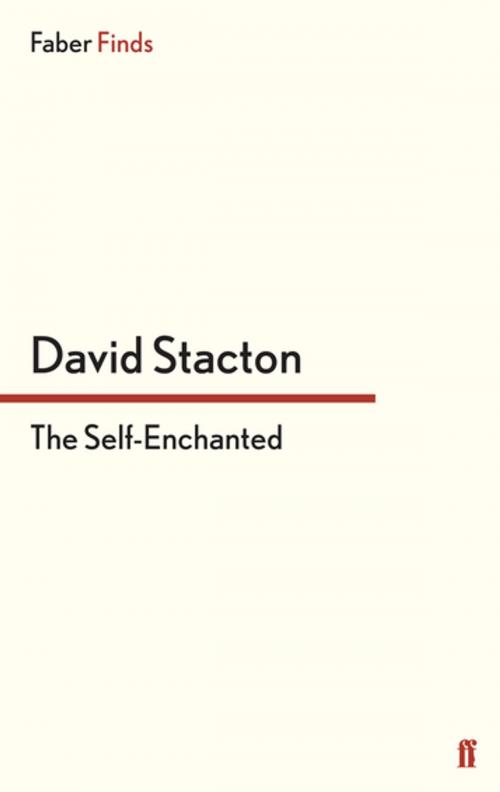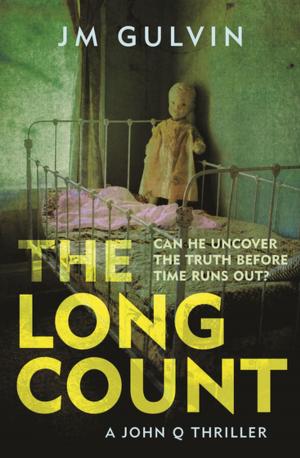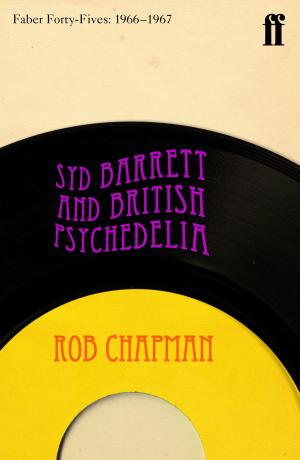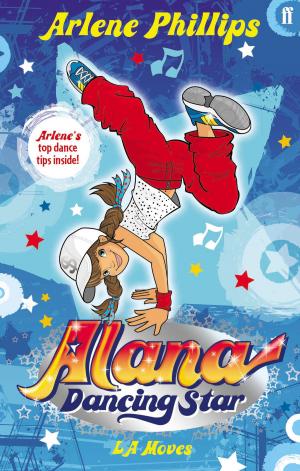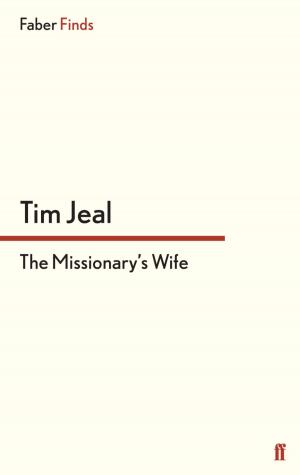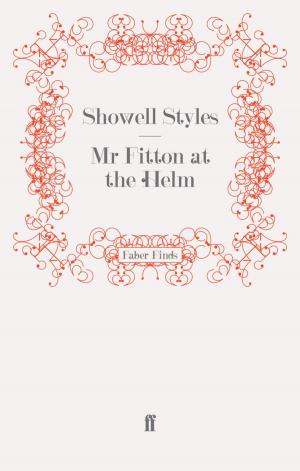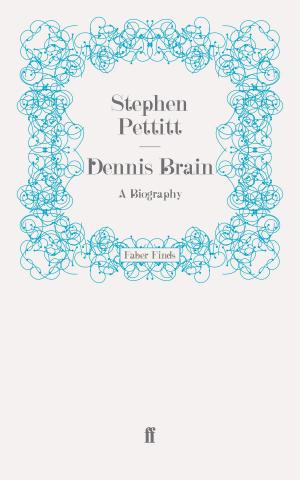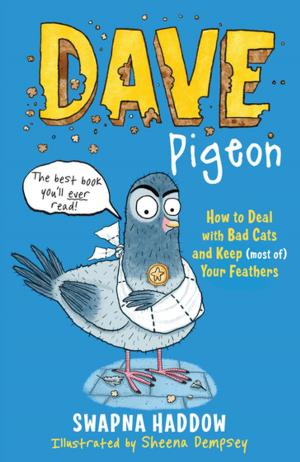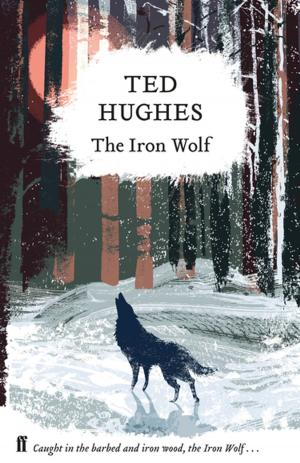| Author: | David Stacton | ISBN: | 9780571294695 |
| Publisher: | Faber & Faber | Publication: | April 17, 2012 |
| Imprint: | Faber & Faber | Language: | English |
| Author: | David Stacton |
| ISBN: | 9780571294695 |
| Publisher: | Faber & Faber |
| Publication: | April 17, 2012 |
| Imprint: | Faber & Faber |
| Language: | English |
'Christopher's house stood out on its cliff like stages of lunar madness. It was the night of the first storm, not of winter, but of that week before winter which is the last warning to all creatures to dig themselves in...'
Christopher Barocco is a self-made man of considerable means who decrees the building of a house in his image, to be carved out of a wild and treacherous Californian hillside in the Sierra Nevada valleys. However, as those who are drawn into his grand design soon discover, Barocco is also a man with a shadowy past; and the house is not destined to be a place where he will find peace but, rather, a catalyst for passion, violence, and death.
First published in 1956, The Self-Enchanted was David Stacton's third novel.
'A Gothic extravaganza... [Stacton] seems to participate with so much fervour in the fantasies he describes.' Times Literary Supplement
'Christopher's house stood out on its cliff like stages of lunar madness. It was the night of the first storm, not of winter, but of that week before winter which is the last warning to all creatures to dig themselves in...'
Christopher Barocco is a self-made man of considerable means who decrees the building of a house in his image, to be carved out of a wild and treacherous Californian hillside in the Sierra Nevada valleys. However, as those who are drawn into his grand design soon discover, Barocco is also a man with a shadowy past; and the house is not destined to be a place where he will find peace but, rather, a catalyst for passion, violence, and death.
First published in 1956, The Self-Enchanted was David Stacton's third novel.
'A Gothic extravaganza... [Stacton] seems to participate with so much fervour in the fantasies he describes.' Times Literary Supplement
